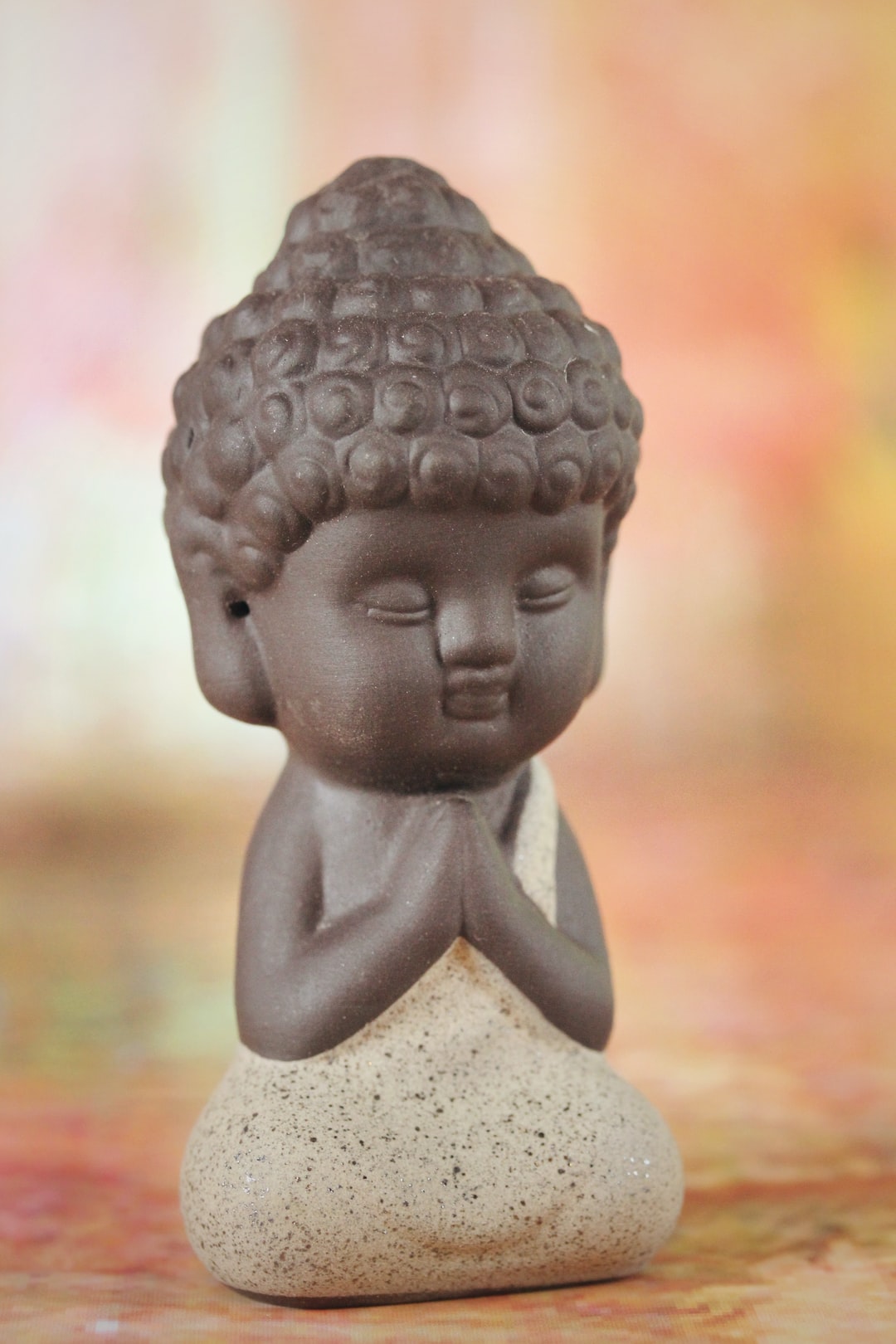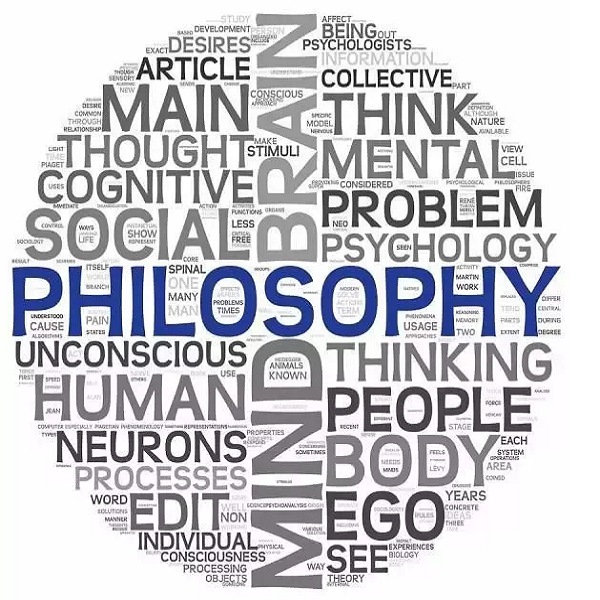THE VALUE OF PHILOSOPHY

It is more necessary to consider the value and usefulness of philosophy because most people have quite misleading conceptions of philosophy. Under the influence of science or practical affairs, they think that philosophy is an innocent but useless activity and nothing more. It consists of hair-splitting distinctions and controversies on matters concerning which knowledge is impossible. There are two reasons for this misconception of philosophy. A wrong conception of the ends of life A wrong conception of life according to which the needs of the body must be supplied but the mind does not need any food. According to it, science has value because it benefits not only students but human beings in general; Philosophy has not such a utility. It is not realized that besides the needs of the body, there are needs of the mind. It is not realized that even in the existing world the goods of the mind are at least as important as the goods of the body. If all men were well off, and ills s...








